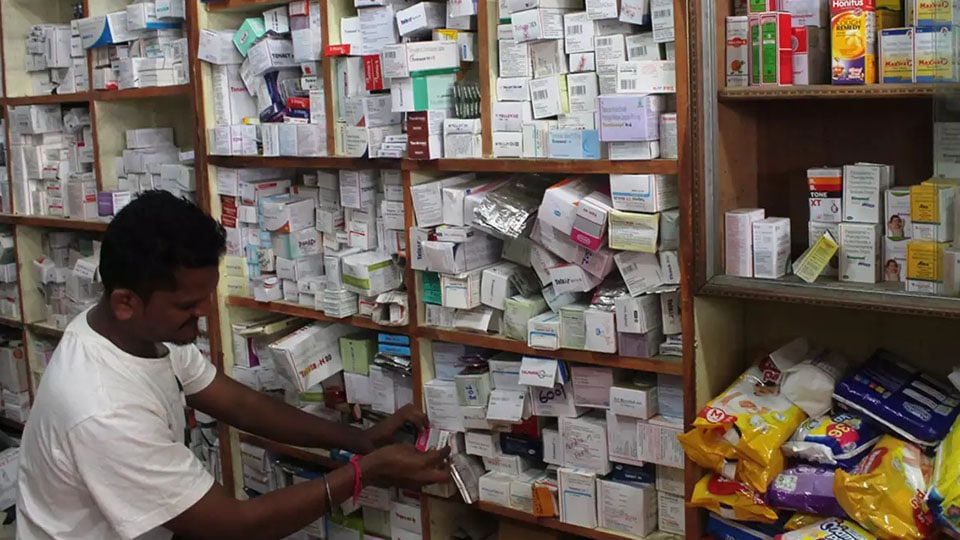New Delhi: In a major development that would help drug makers to tide over the high costs of Active Pharmaceutical Ingredients (APIs) and intermediates, the National Pharmaceutical Pricing Authority (NPPA) has increased the ceiling price of 21 formulations by 50 percent on Dec.13.
NPPA said it has been receiving applications for an upward revision of prices under para 19 of the Drug Price Control Orders (DPCO), 2013, since the last two years. The applications cited various reasons such as an increase in API costs, an increase in the cost of production, exchange rates etc. resulting in the unviability of the production and marketing of certain drugs.
Formulations that were revised by the Government include: Clofazimine for leprosy treatment; the antibiotic Metronidazole; Ascorbic acid (Vitamin C); the antibiotic Co-trimoxazole; anti-allergy drug Pheniramine; the antibiotic Benzyl penicillin; Chloroquine, an anti-malarial drug; Dapsone, an anti-leprosy drug; the anti-hypertensive drug Furosemide, among others.
For instance, the ceiling price of Ascorbic Acid (Vitamin C) will be Rs.1.34 after a 50 percent upward revision of prices excluding GST.
There is neither a precedent nor any formula prescribed for the revision of the prices under the Act. NPPA said the case of upward price revision of 21 formulations under para 19 of DPCO 2013 was deliberated upon by the Authority. It also noted that the twenty one scheduled formulations considered are low priced drugs and have been under repeated price control.
Most of these drugs are used as first line of treatment and are crucial to the public health programme of the country. Many companies have applied for discontinuation of the product on account of unviability.
“The mandate of NPPA is to ensure availability of drugs at affordable prices. It was noted that while ensuring affordability, access cannot be jeopardised and the life saving essential drugs must remain available to the general public at all times. Therefore, the Authority is of the considered view that unviability of these formulations should not lead to a situation, where these drugs become unavailable in the market and the public is forced to switch to costly alternatives,” said NPPA.








Recent Comments